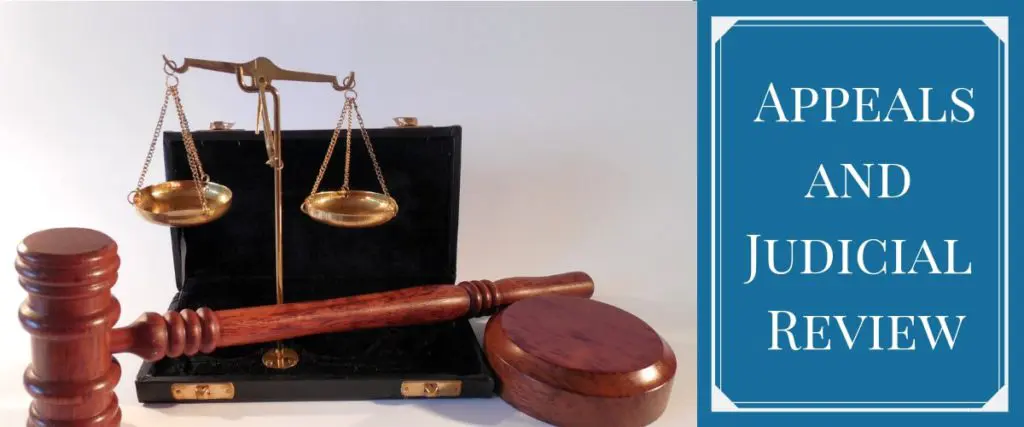Seeking Leave & Judicial Review of an Immigration or Refugee matter
In some cases refused Appeals, refugee decisions and Immigration decisions can be brought before the Federal Court in order to have them reviewed by a Judge. This process is called seeking leave and Judicial review.
A Brief Overview of What Seeking leave and Judicial Review entails
Seeking Leave and Judicial Review at the Federal Court is not the same thing as an Appeal seeing that new evidence is generally not permitted. Furthermore, authorization to have one’s case heard (Leave) has to be granted from the Court.
The test for granting leave is whether there is a serious issue raised by the Applicant to be dealt with, specifically, whether a fairly arguable case exists. It is necessary to show that there may be substantial errors in the decision under review as well as that based on the evidence as a whole, the case is an arguable one.
What are the steps to seek Leave and Judicial Review at the Federal Court?
In essence the person contesting an Immigration or Refugee decision is called an Applicant. The Applicant has fifteen days to initiate the proceedings for a matter arising in Canada or sixty days for a matter arising outside of Canada.
The Applicant then has thirty days to file and submit an Application Record in which written arguments are made as to why there is an issue with the decision.
The Government has a right to respond by filing their own memorandum of argument within thirty days. The Applicant has a right to reply within ten days of the Respondent filing their own memorandum of argument.
A judge will then review the written submissions that have been made and determine if the matter should be heard. This is called a leave.
If leave is granted a hearing date is scheduled in order for the parties to argue before a judge as to why there is or isn’t an issue with the decision.
Parties may settle the matter at any given time. In fact the Court has recently pushed for more settlement attempts through various initiatives including a
settlement pilot project.
The standard that the Court will have to apply will depend as to whether there is a procedural fairness argument that is being raised or if the Court is asked to review a decision maker’s assessment of your case.
It is important for the person seeking leave and Judicial review of their immigration or refugee matter to have exhausted other options before presenting their case at the Federal Court this includes any right of appeals.
If you have been refused an Immigration or Refugee matter you may want to book a consultation with us to determine what your options are.
We accept Legal Aid Certificates for Judicial Reviews. Individuals who do not have the right financial means to hire a lawyer might be eligible for Legal Aid of Ontario’s assistance. Click here for more information.
Please note that this is general Information and should not be construed as legal advice.

